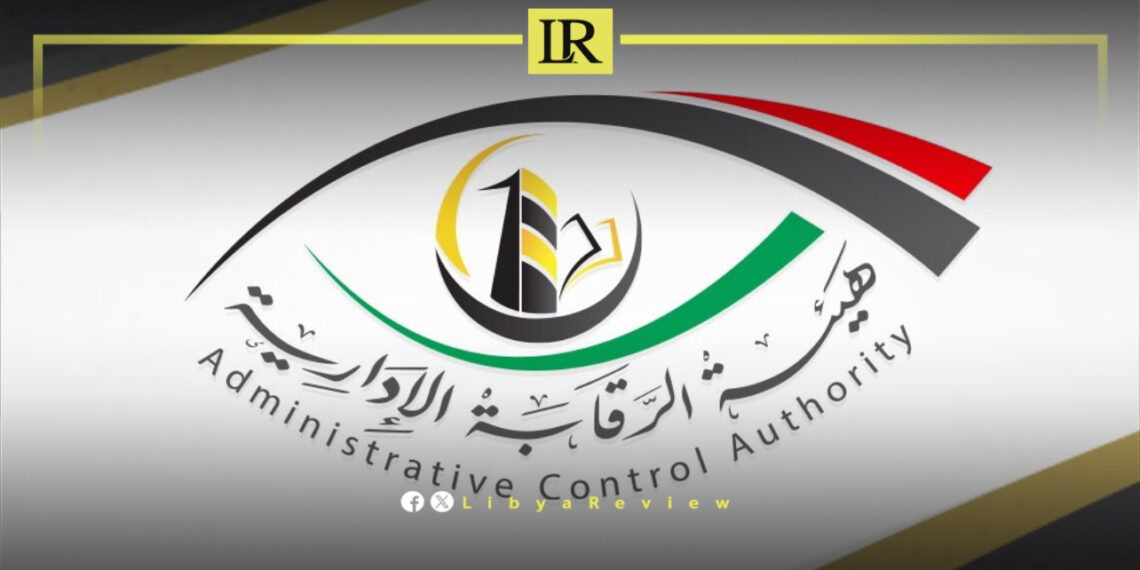The Administrative Control Authority in Libya confirmed that its main office on 17 February Street in Tripoli was attacked late Monday night, as unknown assailants set fire to several of its administrative offices.
In a statement, the Authority said the attackers took advantage of the security vacuum in the capital during that night, causing severe material damage to various departments and their property.
The Authority announced the launch of urgent investigative procedures to uncover the circumstances surrounding the incident, identify those responsible, and take legal action against them.
It also reaffirmed its determination to carry out its responsibilities in monitoring public institutions and combating all forms of corruption, in accordance with Law No. 20 of 2013 and its amendments, as well as its executive regulations.
Despite the attack, the Administrative Control Authority stressed that such violations will not deter its work. On the contrary, it said, they only strengthen its resolve to uphold transparency, accountability, and integrity in public service.
The incident comes amid rising concerns about the deteriorating security situation in Tripoli, as public institutions face growing risks from politically driven unrest and armed group activity.
Libya has been in chaos since a NATO-backed uprising toppled longtime leader Muammar Gaddafi in 2011. The county has for years been split between rival administrations.
Libya’s economy, heavily reliant on oil, has suffered due to the ongoing conflict. The instability has led to fluctuations in oil production and prices, impacting the global oil market and Libya’s economy.
The conflict has led to a significant humanitarian crisis in Libya, with thousands of people killed, and many more displaced. Migrants and refugees using Libya as a transit point to Europe have also faced dire conditions.
The planned elections for December 2021 were delayed due to disagreements over election laws and the eligibility of certain candidates. This delay has raised concerns about the feasibility of a peaceful political transition.
Despite the ceasefire, security remains a significant concern with sporadic fighting and the presence of mercenaries and foreign fighters. The unification of the military and the removal of foreign forces are crucial challenges.


